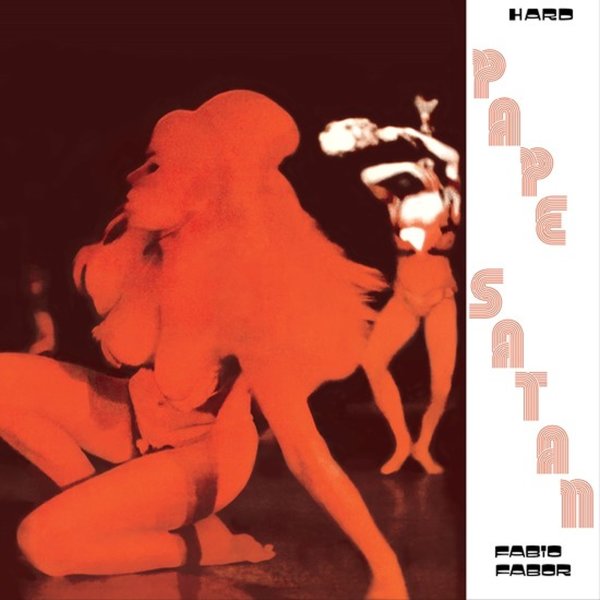
:format(jpeg):mode_rgb():quality(90)/discogs-images/R-4036189-1439928579-4922.jpeg.jpg)
“My electroacoustic music knowledge encouraged me to attempt a mix of voices, percussions, instruments and synthesizers to deal with a theme that had fascinated me for some time: the eschatological-Dantesque environment in its transcendent metaphysical imagination and, at times, even ironic interpretation.
The search for sound materials of the most varied origin allowed me to achieve particularly effective timbric results, the fruit of a patient elaboration of the materials themselves with operations suggested by the mixer and by the various systems for treating sound.
What I would define essentially as ‘electroacoustic music’, finds its unavoidable realization exclusively in recording, as by nature one cannot imagine other and different forms of execution: therefore I believe that the most effective and intimate listening the disc allows is the logical point of arrival of my artisan work, which I hope can achieve its own artistic meaning.” Fabio Fabor
There are certain records that burst into the cultural mechanisms of "modernity" of each period, which mould fashions and manners, styles of life and shape the thought of what's contemporary.
These records, and the music they contain, transform themselves into signals, points of arrival, undisputed targets for the youth cultures they meet. They are points of reference for the reading of sound periods. Others instead are invisible at their time, lost and mysterious for decades and decades. They transmit sound signals that cannot be heard by common people, squeaks for the most attentive ears, maybe, but no signal for the mass of the Society of Spectacle. Then the volume rises again, suddenly. Decades later, those forgotten records resurface from the stocks of the scrap merchants and start shouting out the power of their sound and culture. Despite being recorded decades earlier, they become contemporary and very modern, the sounds that the grooves produce seem to predict tomorrow's sound landscape. This is what happened with Pape Satan by Fabio Fabor, which Plastica Marella (editor in Modo Moderno) released in 300 limited edition copies, in see-through 180 g. vinyl.
Pape Satan was mysterious from the beginning of its creation (to this day it's impossible to set a precise release date, which is believed to date back between 1978 and 1981), inscrutable and occult, but Fabio Fabor has always been the unaware protagonist. After all, Fabio Fabor created this record for pure personal pleasure, for research and individual curiosity. Initially produced to fuel the circuit of library music, it almost immediately transformed into something different, halfway between electronic music, electroacoustic and esoteric alchemy applied to music. The author himself is a riddle; Fabio Fabor was one of the pseudonyms adopted by Fabio Borgazzi, who was born in Milan in 1920 and died in Rome on the 3rd of August 2011. Great composer and musician, author of over 500 songs, 8 times his tracks were protagonists of the Festival of Sanremo, the temple of Italian pop music. He also worked on numerous musical and lyrical operas, pieces for theatre, radio and television. In the end the meeting with electronic music and its declensions: he created tens and tens of recordings to enrich his personal archive, a treasure of sounds we hope will soon be unlocked.
An underground cult that of “Pape Satan”, fuelled by the reaffirmation of the occult electronic scene, which has in Demdike Stare its maximum expression. And Miles Witthaker was the person who rediscovered the work of Fabio Fabor; he found a very rare copy of “Pape Satan” in Rome, in the most famous Italian flea market, and since then Fabor became a part of his personal sound Olympus.
When one listens to Fabio Fabor's work today, it's like a very fast fall into the soul's oblivion, occult psychedelia for enraged hearts. A masterpiece. Absolute.
1 comment:
http://q.gs/FNn2m
Post a Comment